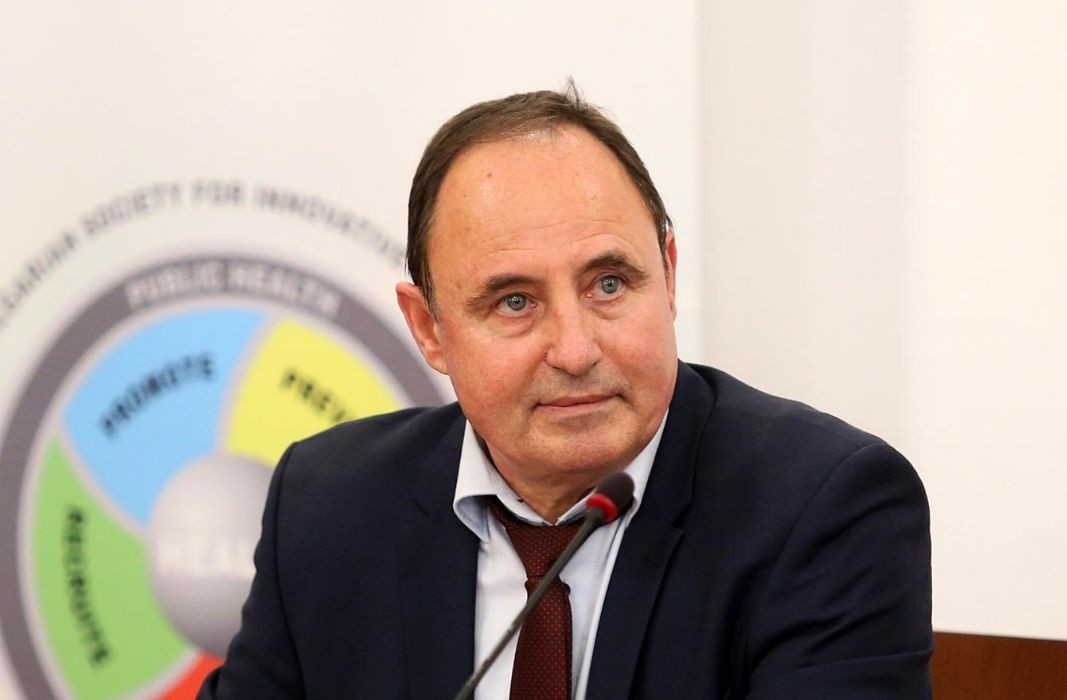The Ministry of Agriculture and Food has recently announced that farmers could apply for compensation for damage caused by acute infectious diseases affecting pigs, small ruminants and birds. The funds, which exceed BGN 15 million (EUR 7.5 million), are part of the sub-measure for restoration of agriculture of the Rural Development Program for the period 2014-2020. The aim is to provide an opportunity for pig, poultry, goat and sheep farms to overcome the adverse economic effects and to restore the livestock.
What worries some of the pig farmers who have suffered significant losses because of the African swine flu is the new law on veterinary medicine and the regulation on compensations. According to farmer Vihren Dimitrov, the ordinance on compensations did not provide farmers with protection in the event of animal diseases.
"As farm operators, we will not receive anything from the state, while we used to receive benefits before," the pig farmer says. "According to us, this means the idea is for the industry not to work in the way it has worked so far. If we compare our sector with poultry farming, the difference is huge. They are paid in advance and receive aid for bird flu, but we do not. This is a double standard, according to me. Apparently Brussels is interested in Bulgaria and Romania stop developing pig farming so that there is no competition. There is overproduction of pork in the EU and 120 tons of pork were imported to Bulgaria last year alone - that's a million and a half pigs. When you calculate the value, you can conclude whether the state was actually thinking about the development of this industry in Bulgaria."

According to Deputy Minister of Agriculture Yanko Ivanov, the double standard allegations are unfounded. In an interview with the "Horizont" program of the Bulgarian National Radio, he pointed out that for the period from 2018 until now, about 85 million euros were paid in relation to the African swine fever. Ivanov pointed out that biosecurity measures must become part of the entire production process in order to reach European standards:
"Since the introduction of the new measures, we have not had cases of infected pigs in industrial farms," Yanko Ivanov said. "This means the measures were correct, although unpopular. We also give farmers the opportunity to buy new animals. It's unfair and pessimistic to say that the state was not doing anything."
Farmers whose livestock was affected by a highly contagious disease that has led to the destruction of animals can apply for financial assistance from the state. The maximum amount of support totals nearly 1 million euro, and no minimum amount has been set.
English: Alexander Markov
Photos: BGNESIt is extremely concerning that the largest company in Bulgaria, Lukoil Neftohim, which is part of the country's critical infrastructure, is still in the hands of a country that has declared Bulgaria a hostile state. This opinion was shared by energy..
“The divergence between the monetary and the fiscal policy pursued by the government continues to be the main reason why Bulgaria does not meet all criteria yet for entering the Eurozone,” Lyubomir Karimansky, member of the Governing Council of the..
Germany remains Bulgaria's strongest economic partner. Trade between the two countries for 2024 amounts to EUR 12 billion, said Tim Kurth, President of the German-Bulgarian Chamber of Industry and Commerce. At a ceremony held at the University of..

+359 2 9336 661
